Yesterday, I spoke to class of teachers and soon-to-be-teachers at our local SUNY college. Their professor had asked me to talk about how authors plan and draft and revise, and how those practices might apply to student writers, too. I spent a wonderful hour doing that but also promised the teachers that if they brought in a dozen other authors, they’d hear about a dozen different processes. A process or strategy that works for one of us might or might not be effective for another — and that doesn’t vary only from author to author but from book to book. So perhaps the best advice for writers of any age is to understand that – and to honor lots of different processes, in the classroom, the coffee shop, and the office.
I love posts like this one from Brain Pickings, sharing Neil Gaiman’s 8 Rules of Writing. But I couldn’t help thinking, in reading this, that it would be even more interesting to see a list of rules that didn’t all come from one guy. So I reached out to some friends, and we’ve come up with…
33 Rules of Writing from Some of the Most Brilliant Women in Children’s & YA Literature
Do the work. Don’t waste your precious energy on doubt, except where it shows you more opportunities for growth. Pretend you’re working on the last thing you’ll ever write. Give it that much ferocity and that much love. That’s the book the world needs from you.
~Martha Brockenbrough, author of The Game of Love and Death
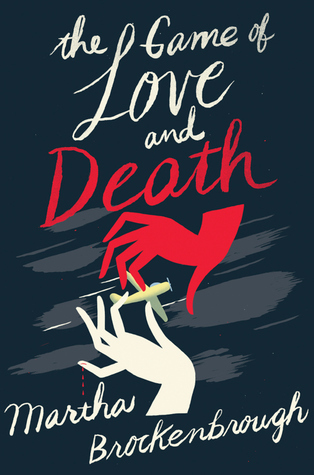
My newest novel is teaching me this one: Keep showing up, and you start to run out of mistakes to make.
~Caroline Starr Rose, author of Bluebirds

Often, the story comes during the act of writing, not thinking. So even if you have no idea where you’re headed, start writing.
~Barbara O’Connor, author of The Fantastic Secret of Owen Jester

Write the book that you (or that you as a child) would want to read.
~Christina Diaz Gonzalez, author of Moving Target

Regarding process, whatever works is what works best for you.
~Sarah Prineas, author of Ash and Bramble
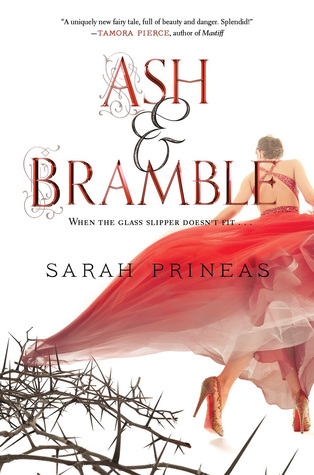
Keep your story materials in one place. I keep a dedicated notebook for each novel in which I brainstorm ideas, jot critique partners’ notes, work through issues, etc. I stuff hard copy research materials in a pocket in back.
For you, a folder or 3-ring binder or envelope might work better–but figure out something to keep your work together. It saves time and serves as a map if you get stuck or lost in your story–you page through and, chances are, there’s an idea in those pages to help you along.
~Erin Dionne, author of Ollie and the Science of Treasure Hunting

Fast-drafting is fine, but don’t be afraid to go slow. When I begin something new, it helps me to focus on each word, as if I’m writing a poem. To sit with each line, and think about tone and voice. Those first paragraphs matter so much.
A very wonderful poet once told me that he sits down at his desk and gives himself an hour to come up with a line. If he gets that line, he gives himself an hour to come up with the second line, and so on… I like to remember this, when other people talk about word counts per day. In the end, I’d rather find the ten right words than the 2,000 quick words.
The main thing, I think, is to remember we all write differently. Slow or fast. Clean or sloppy. One book at a time, or with 4 manuscripts open simultaneously. When people tell you to NEVER do something, or to ALWAYS do something, they’re generally wrong. Write in the way that feels best to you.
~Laurel Snyder, author of Swan: The Life and Dance of Anna Pavlova
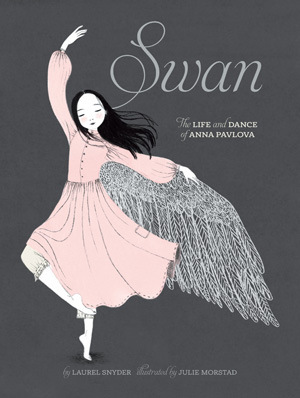
There is no one writing process, and if anyone tells you there is, they’re selling you snake oil. What works for me, might not work for you. And what works for me on one book might not be the right process for the next book. As brilliant female author Laurie Halse Anderson said at Kindling Words (and this helped me SO MUCH) each book requires different tools from the writer’s toolbox. For me, writing the first draft quickly helps because it helps me trick what I call “The Inner Crazy Lady.” If I can get the first draft mostly written before she wakes up and tells me everything I’ve written is complete garbage and all of my (insert previous number of published books) were flukes, I can be much more productive. I also find that when I write the first draft quickly, my subconscious leaves me nuggets that I can tease out later to make the novel richer and more nuanced.
~Sarah Darer Littman, author of Backlash

Become familiar with the subtleties of your own particular brand of crazy. I have a hard time discerning whether I’m avoiding writing or giving my subconscious some time to pick apart a tangled plot point. I think it’s important to trust your instincts when they insist you need time away from a particular project but always examine the true root cause. Avoidance wears many deceiving disguises.
~Audrey Vernick, author of Screaming at the Ump

Keep reading until you find a book that blows open the doors of what’s possible.
~Melanie Crowder, author of Audacity

I tell my students that what elevates a book to that Next Level is tiny details and huge risks. Fill your work with tiny details, all kinds of unique specificities, little moments that add texture to the greater plot of the book, and then take huge risks as you’re writing. Take unexpected turns and push to go beyond what feels comfortable. I love that writing requires both that careful attention to detail and that ferocious risk-taking.
~Corey Ann Haydu, author of Rules for Stealing Stars

Write to your passion. The world is full of zippy plots and larger-than-life characters; these are important, of course. But what’s going to elevate YOUR book is finding that story that only you can tell, and setting it down in the way that only you could tell it. Write what thrills you. Write what terrifies you. Write the big questions lurking at the edges of your mind. This is how your book will stand out from the rest.
~Ammi-Joan Paquette, author of Princess Juniper of the Hourglass

Don’t read your reviews.Even the good ones will probably not be good enough to fill up that gaping hole you were hoping to fill. And the bad ones will gut you like a fish, stealing all your joy. You need the joy in order to believe in the next idea when it settles itself around your shoulders.
~Ellen Wittlinger, author of Parrotfish

Don’t be afraid to take risks. Experiment with form. Write beyond what you feel your abilities are. You are allowed to write whatever you can dream up. When your inner voice starts asking, “But what if it won’t sell? What if I am wasting my time on this?” gently tell it to hush. Tell that voice what you are learning from the writing and how it energizes you. Remind that voice that you are allowed to define your own idea of success. And then write with wild abandon.
~Heidi Schulz, author of Hook’s Revenge: The Pirate Code

Beauty comes from honesty, no matter how ugly the truth is. Let your writing shine light on that dark place–that’s where hope starts to grow.
~Jo Knowles, author of Read Between the Lines

Backside in chair. Lots of people talk about writing, but to be a writer, you have to write. You have to close your mouth and sit down and do it – with a monklike self-discipline. And that’s where you find the joy.
~Kate Hannigan, author of The Detective’s Assistant

It’s okay if you return to the same thematic material over and over again. In fact, it means that you have found something that matters deeply to you.
~Elana K. Arnold, author of The Question of Miracles
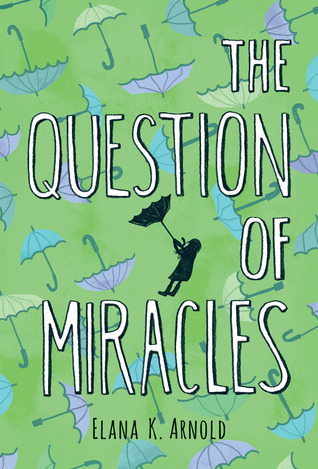
Try not to be scared. But if you are scared, use it as fuel to push through whatever is in the way.
~Tracy Winfield Holczer, author of The Secret Hum of a Daisy

Go for a walk, preferably in the woods. Going for long walks away from the keyboard allows your ideas to work themselves out without the pressure of writing them down in the moment.
~Karen Rivers, author of The Girl in the Well is Me

Read your work aloud. Listen to the rhythm and musicality of your words. You’ll hear repetition and problem sentences. I do this for individual scenes and whole novels, walking and reading. Don’t do it in public though – people will think you’re nuts.
~Cheryl Blackford, author of Lizzie and the Lost Baby

The moment you are frustrated and ready to quit on a manuscript: Don’t! It means you are on the verge of a breakthrough.
~Kirby Larson, author of Audacity Jones to the Rescue
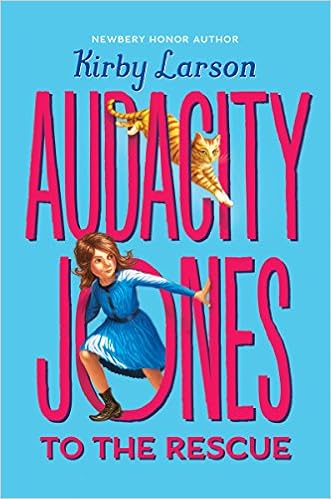
Remember the books you loved to pieces as a kid? Remember all those authors you never wrote to? Out there in this world is a kid who will love the book you are writing just as much as you loved those books. You will never hear from that kid. The love, however, will be real. That’s the person you are writing this book for. On his or her behalf, thank you, thank you, so much!
~Anne Nesbet, author of The Wrinkled Crown
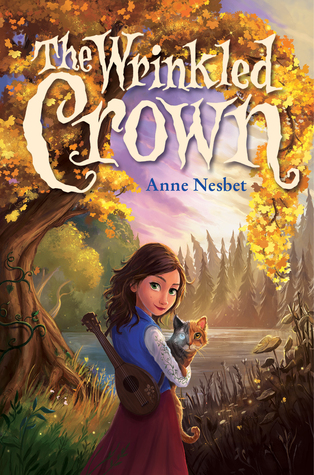
Find peers who will cheer for you and challenge you. (They don’t have to be the same people and they don’t have to do both at once.) The right friends will help you get through the rough times, push you to become a better writer, and enrich your life in general.
~Jenn Reese, author of Above World

Write the first word that pops into your head– even if that word is “the.” The rest will always follow.
~Danette Vigilante, author of The Trouble with Half a Moon

Writing is fun until it isn’t and then it is hard work, plain and simple. But trust that if you show up and put in the work, day after day, the universe will respond. Magical moments will happen, often when you least expect them, giving you goosebumps because the words are so right and true, and exactly what the story needs. A lot of grit + a teensy bit of magic = how the book gets written.
~Lisa Schroeder, author of My Secret Guide to Paris
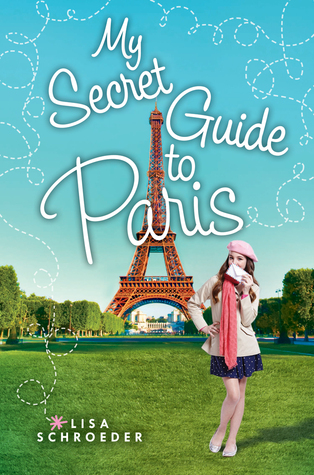
All the advice in the world ain’t gonna help you write the #$%@ book. So quit looking for reasons to procrastinate and just write the #$%@ book. Remember the difference between a published writer and an unpublished writer is that they persevered.
~Ellen Oh, author of Prophecy
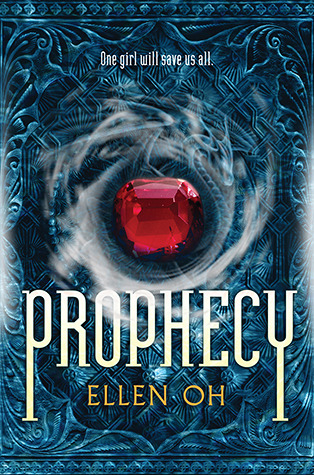
The first draft is going to be awful. Briefly acknowledge that, then move on.
~Lisa Yee, author of The Kidney Hypothetical

Behind every “breakout hit” is a whole lot of hidden study – study of craft, of the classics, of what’s being written right now – and an even greater dose of perseverance and discarded material.
~Janet Fox, author of The Charmed Children of Rookskill Castle

Don’t be afraid to go big. Allow crazy things to happen in the plot, make room for wild emotions and passions, be brave and risk your characters’ hearts. You can always dial it back a little later if you have to, but you don’t want to regret not having gone far enough.
~Liz Garton Scanlon, author of The Great Good Summer

1. You *are* a writer. Not “trying to be”, or “aspiring” — you are.
2. Know that *your* story is precious and powerful.
3. Nothing you write is a waste, even if you don’t explicitly “use” it.
4. Value every scrap, phrase, or bit of an idea by writing it down as soon as you can, preferably the old-fashioned way, on paper. Then don’t worry about it. When you need it, it will be there.
Olugbemisola Amusashonubi-Perkovich, author of 8th Grade SuperZero

Don’t give up! If your first book doesn’t get published, write another book. If your second book doesn’t get published, write a third book. It took me 8 years to get a book published. Most of the people in my first critique group never got published. Most aren’t even writing anymore. And they were all better writers than I was at that time. The reason I got published and they didn’t is because I didn’t give up.
~Dori Hillestad Butler, author of The Haunted Library

Find your way of writing. I had a ton of instructors who said you should overwrite because you can always cut. But I don’t work that way. I start slight and add layers. It took me years to shake the idea that I was doing it wrong.
~Megan Frazer Blakemore, author of The Friendship Riddle

Don’t be afraid to fail. Fail often and joyfully and make lots of things. If you do, you’ll get better at it. And some of them may work out. (I have a whole post about this advice as it relates to picture books here.)
~Kate Messner, author of the Ranger in Time series
So there you go. 33 rules to follow. Or not. But hopefully, some of them will resonate for you.
Go on now.
Write.






A fabulous post….worth printing & saving in one of my binders! Thank you, Kate Messner.
This is just the inspiration I needed today. Thank you so very much for posting these quotes and rules.
Wow! What a compendium of advice – and lots of ideas for future reading.
This just makes me want to read all of these books! Thanks for posting Kate!
This needs to be a graphic poster that I can hang up in my studio to sue as a swift kick in the rump to keep at it.
Such wonderful tips. Thanks so much for sharing.
So honored to be part of this; love all the varied advice! I agree: needs to be a poster.
I loved the tips and seeing the book covers along with them. I want to read all those books!
this so helpful and inspiring. How do I subscribe to your blog?
Thank you, Kate, and thanks to all the other talented writers who shared their insights. Very helpful, and I’m passing it on to another writer who will also be grateful.